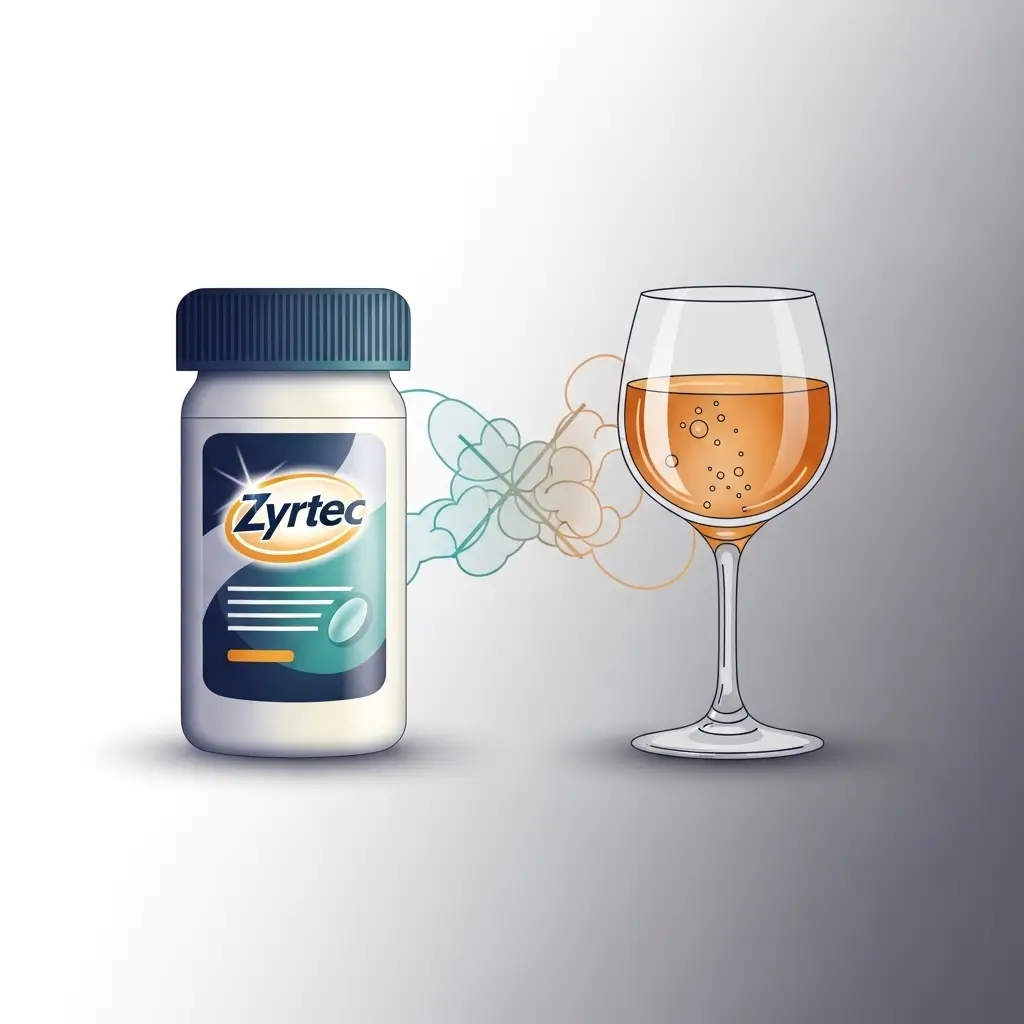Understanding National DEA Take-Back Day
National DEA Take-Back Day, organized by the Drug Enforcement Administration (DEA), aims to provide a safe, convenient, and responsible means of disposing of unused prescription and over-the-counter medications. These events play a crucial role in addressing the risks associated with keeping unused medications at home and promoting public safety. The next Take-Back Day is scheduled for April 27, 2024.

Purpose of Take-Back Days
The primary purpose of National DEA Take-Back Day is to prevent prescription drug misuse and abuse. By providing a dedicated day for medication disposal, the DEA encourages individuals to remove unneeded medications from their homes, reducing the risk of these drugs falling into the wrong hands. This initiative is part of the DEA's commitment to the safety and health of Americans, aiming to prevent medication misuse and opioid addiction from ever starting.
Impact of Take-Back Events
National DEA Take-Back Day has had a significant impact on public health and safety. By providing a safe and anonymous method for disposing of unused prescription drugs, these events help reduce the risk of drug-related violence, overdoses, and overdose deaths. The Take-Back Day events have been successful in preventing the misuse and abuse of medications by facilitating the proper disposal of these drugs.
These events also contribute to environmental protection. Proper disposal of medications prevents them from entering water sources through flushing or improper disposal methods. This helps safeguard the environment and reduces the potential negative impact on aquatic life and water quality.
Through National DEA Take-Back Day, the DEA raises public awareness about the importance of proper medication disposal and educates individuals on the potential risks associated with keeping unused medications at home. These events serve as a reminder to the general public to regularly review their medication cabinets, safely dispose of expired or unused medications, and take an active role in preventing prescription drug misuse.
By participating in National DEA Take-Back Day, individuals can contribute to the overall well-being of their communities and play an important part in combatting the opioid epidemic and promoting a safer environment for all.
Importance of Proper Medication Disposal
Proper medication disposal is of utmost importance to ensure the safety of individuals and the environment. The accumulation of unused medications in homes has become a significant issue, leading to medication wastage. Causes of medication accumulation include non-adherence, changes in medication, and even death.
Risks of Unused Medications
Leaving unused medications in medicine cabinets poses potential risks. Adults and seniors may inadvertently take expired or unused prescription medications, which may no longer be effective and can have dangerous interactions with other drugs. Safe disposal of these medications is crucial to prevent misuse and abuse.
Environmental and Health Concerns
Improper medication disposal can have significant environmental and health consequences. When medications are disposed of in the trash or flushed down the toilet, they can end up in the soil and water systems, potentially impacting ecosystems and human health. In the United States alone, over 3.5 million tons of medical waste is produced annually, with an average disposal cost of $790 per ton.
Expired or unused medications can also pose a danger to children and pets if accidentally ingested. By properly disposing of these medications, we can help prevent unintentional harm and keep our loved ones safe.
To address these risks and concerns, initiatives such as National DEA Take-Back Day have been established. This event, held on April 27th, provides an opportunity for individuals to safely dispose of their unused prescriptions. If a take-back program is not available in a particular area, pharmacies or municipalities can offer assistance in proper drug disposal.
Promoting public awareness about the importance of proper medication disposal is essential. Awareness campaigns can educate individuals about the economic and environmental impacts of medication wastage, encouraging them to return unused medications to designated collection points for safe disposal. By working together, healthcare providers, government organizations, and the public can combat medication wastage and ensure the well-being of our communities and the environment.
National DEA Take-Back Day Logistics
To facilitate the proper disposal of unused prescription medications, the Drug Enforcement Administration (DEA) organizes National Prescription Drug Take-Back Days twice a year, typically in April and October. These events provide a safe and anonymous method for individuals to dispose of their unwanted prescription and over-the-counter medications, including over-the-counter drugs [3].
Date and Time
The DEA's National Prescription Drug Take-Back Day occurs on April 27th from 10:00 a.m. to 2:00 p.m. local time [6]. It is essential to note the specific date and time to ensure participation during the designated event hours.
Collection Sites and Accepted Items
Thousands of collection sites are set up nationwide to accommodate the disposal of unneeded medications. These sites can include local law enforcement agencies, pharmacies, hospitals, and other authorized locations. To find a nearby collection site, individuals can utilize the DEA's online search tool.
During the National Take-Back Day event, participants can dispose of various types of medications, including:
- Prescription medications
- Over-the-counter drugs
- Pills
- Liquids
- Patches
- Inhalers
It is important to note that sharps, such as needles and syringes, are not accepted during these events. Additionally, illegal drugs and hazardous waste should not be included in the items for disposal.
By participating in National DEA Take-Back Day, individuals contribute to the collective effort of preventing medication misuse, reducing the risk of drug-related violence, and safeguarding communities from the potential harm associated with the improper disposal of medications. Properly disposing of unused prescription drugs during this designated day supports a safer and healthier environment for all individuals.
Initiatives to Combat Medication Wastage
To address the issue of medication wastage and promote proper disposal practices, various initiatives and strategies have been implemented. These efforts aim to reduce the accumulation of unused medications and minimize the associated economic and environmental impacts.
Strategies for Reducing Wastage
Addressing the root causes of medication wastage is crucial for implementing effective strategies. Non-adherence, death, and changes in medication prescriptions are among the main factors contributing to the accumulation of unused medications [4]. To combat this issue, the following strategies can be employed:
- Education and Awareness: Public education campaigns play a vital role in raising awareness about the consequences of medication wastage. Providing information on the economic and environmental impacts can motivate individuals to properly dispose of their unused medications. By spreading knowledge about the importance of adherence and the dangers of accumulating unnecessary medications, these campaigns encourage responsible medication use.
- Medication Reviews: Regular medication reviews by healthcare providers can help identify and address instances of non-adherence or medication changes. By assessing the patient's medication regimen, unnecessary medications can be discontinued, preventing wastage and reducing the risk of adverse drug interactions.
- Smart Medicine Cabinets: The development of smart medicine cabinets equipped with sensors and reminder systems can help individuals manage their medication use more effectively. These cabinets can alert users about medication expiration dates and provide reminders to take medications on time, reducing the likelihood of unused medications.
- Medication Donation Programs: Donation programs enable individuals to donate their unused, unexpired medications to those in need. These programs ensure that medications are put to use rather than being wasted, benefiting individuals who may not have access to necessary medications.
Global Disposal Programs
While some countries have established programs for the proper disposal of unwanted medications, many regions of the world still lack such systems, leading to improper disposal. However, efforts are being made to implement global disposal programs. For example:
- Australia's "Return and Disposal of Unwanted Medicines" Program: Australia has a nationwide program that allows individuals to return their unwanted medications to designated collection points for proper disposal. This program ensures that medications are disposed of safely, preventing environmental contamination and reducing the risk of accidental ingestion or misuse.
Implementing similar programs in other countries can help facilitate the proper disposal of unused medications, reducing the accumulation of medications in households and minimizing environmental and health risks.
By implementing effective strategies and establishing global disposal programs, the issue of medication wastage can be addressed. Joint efforts among the public, healthcare providers, and government and private organizations are essential to combat medication wastage and promote responsible medication use. Education campaigns and proper disposal practices can make a significant impact, ensuring that unused medications are safely disposed of and not contributing to the growing problem of medication wastage.
Public Awareness and Participation
Raising public awareness and encouraging participation are crucial aspects of the National DEA Take-Back Day. By utilizing various communication channels, such as social media campaigns and education initiatives, the aim is to inform the public about the importance of properly disposing of unused prescription medications.
Social Media Campaigns
Social media platforms play a significant role in spreading awareness about the National DEA Take-Back Day. Utilizing hashtags like #TakeBackDay, organizations and individuals can share information, resources, and personal experiences related to medication disposal. This digital engagement helps to reach a wider audience, including those who may not be familiar with the initiative.
By sharing posts, infographics, and videos on social media, the message of safe and proper medication disposal can be amplified. It encourages individuals to take action and participate in the take-back events. Additionally, social media campaigns provide an opportunity for discussion, allowing people to ask questions, share stories, and learn from one another's experiences.
Encouraging Proper Disposal Habits
Proper disposal habits are essential for ensuring the safe and environmentally-friendly disposal of unused prescription medications. Public education campaigns are necessary to inform individuals about the risks associated with keeping unused medications at home and the potential harm they can pose to others, especially if they are misused or accidentally consumed.
Encouraging the public to participate in the National DEA Take-Back Day helps emphasize the importance of responsible medication disposal. By actively promoting the initiative, individuals are encouraged to gather their unused medications and bring them to the designated collection sites on the designated day. This active involvement not only safeguards against medication misuse but also contributes to reducing the risk of environmental contamination.
Through education programs and community outreach, individuals can be educated about the potential consequences of improper medication disposal. By emphasizing the significance of returning unused medications to designated collection points, communities can work together to create a safer and healthier environment.
The combination of social media campaigns and education initiatives is vital for spreading awareness and encouraging the public to participate in the National DEA Take-Back Day. By utilizing these communication channels effectively, individuals can stay informed about the initiative and play an active role in ensuring the proper disposal of unused prescription medications.
International Efforts in Medication Disposal
Canadian Disposal Programs
In Canada, efforts to ensure the proper disposal of unused and expired medications are well-established. Health Canada recommends returning unused medications to local pharmacies or municipal waste disposal centers for responsible disposal. Canadian disposal programs allow individuals to return their unused and expired medications to any pharmacy throughout the year. Furthermore, some municipalities and local police forces also offer take-back programs, providing a safe and easy way to dispose of unused drugs and health products at home.
Despite these initiatives, take-back programs in Canada only collect a fraction of unused and expired pharmaceuticals, leading to the potential for environmental contamination when medications end up in the soil and water. Efforts are ongoing to enhance the reach and effectiveness of medication disposal programs to minimize the environmental impact.
Global Impact of Drug Take-Back Initiatives
The impact of drug take-back initiatives extends beyond national boundaries. Internationally, the proper disposal of medications plays a significant role in reducing the risks associated with unused drugs. Misuse and diversion of opioids, benzodiazepines, and stimulants are prevalent issues, emphasizing the importance of safely disposing of these medications to prevent misuse [7].
Various countries have implemented drug take-back programs and policies to address medication wastage and ensure the safe disposal of unused drugs. These initiatives aim to reduce the environmental and health concerns associated with improper medication disposal.
While specific programs and regulations may vary by country, the overarching goal remains consistent - to protect public health, minimize environmental contamination, and promote responsible medication disposal practices. Through continued global efforts, the collective impact of drug take-back initiatives can contribute to safer communities and healthier environments.















